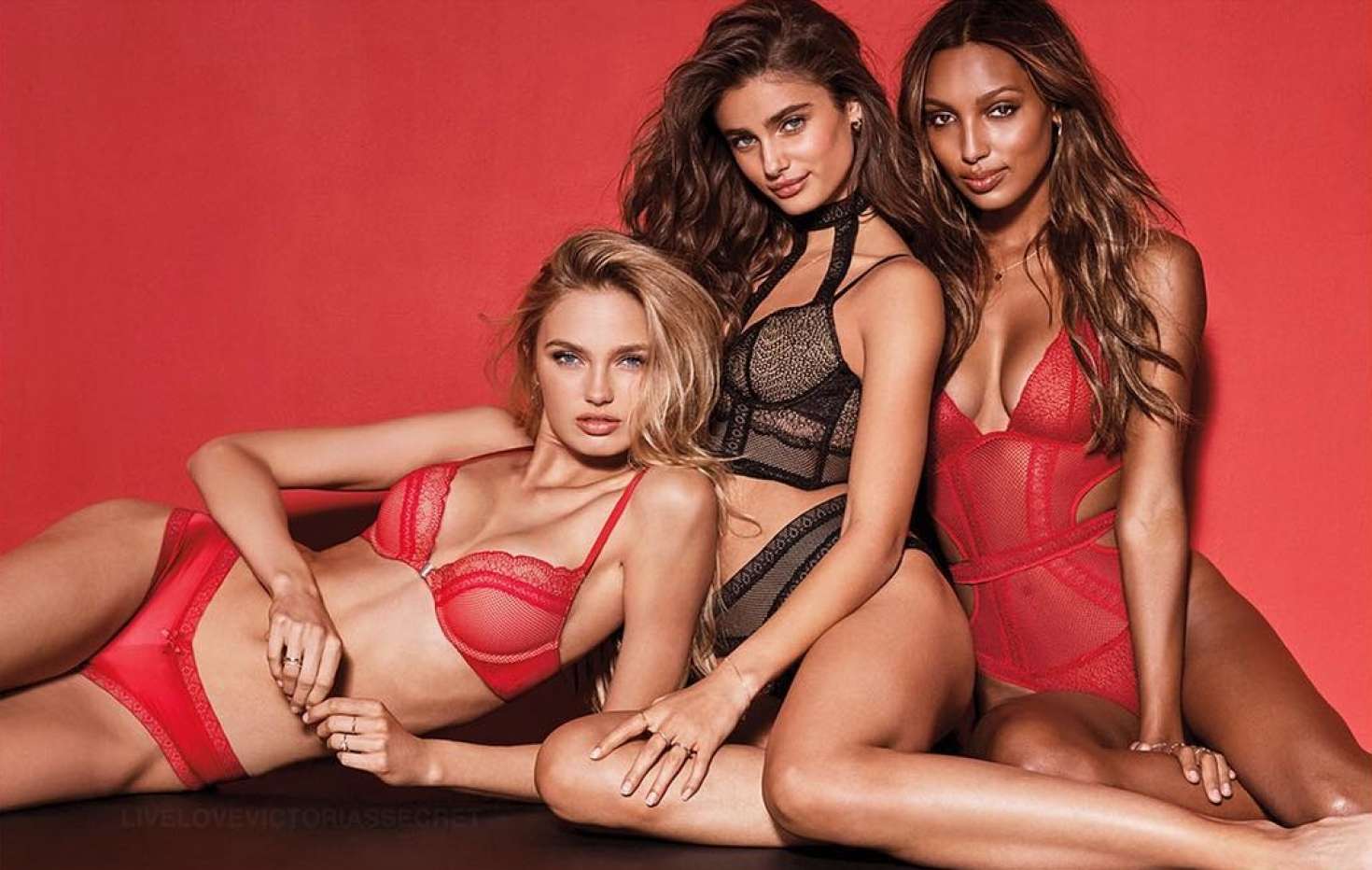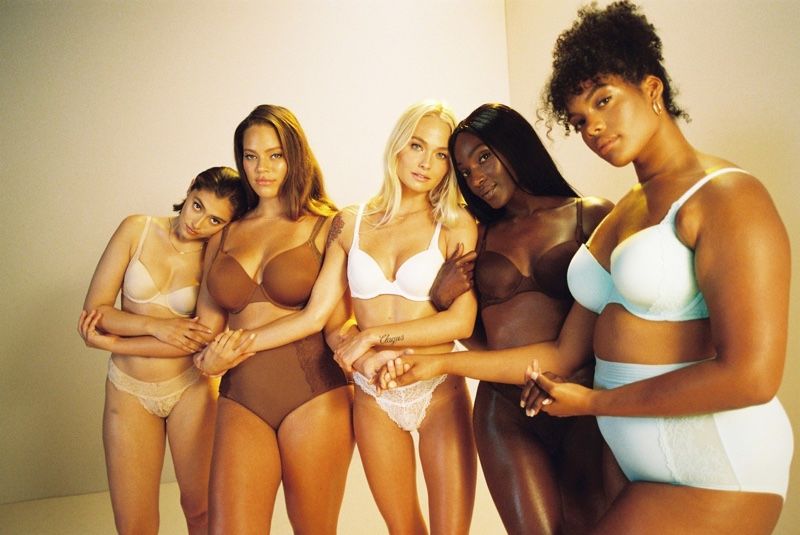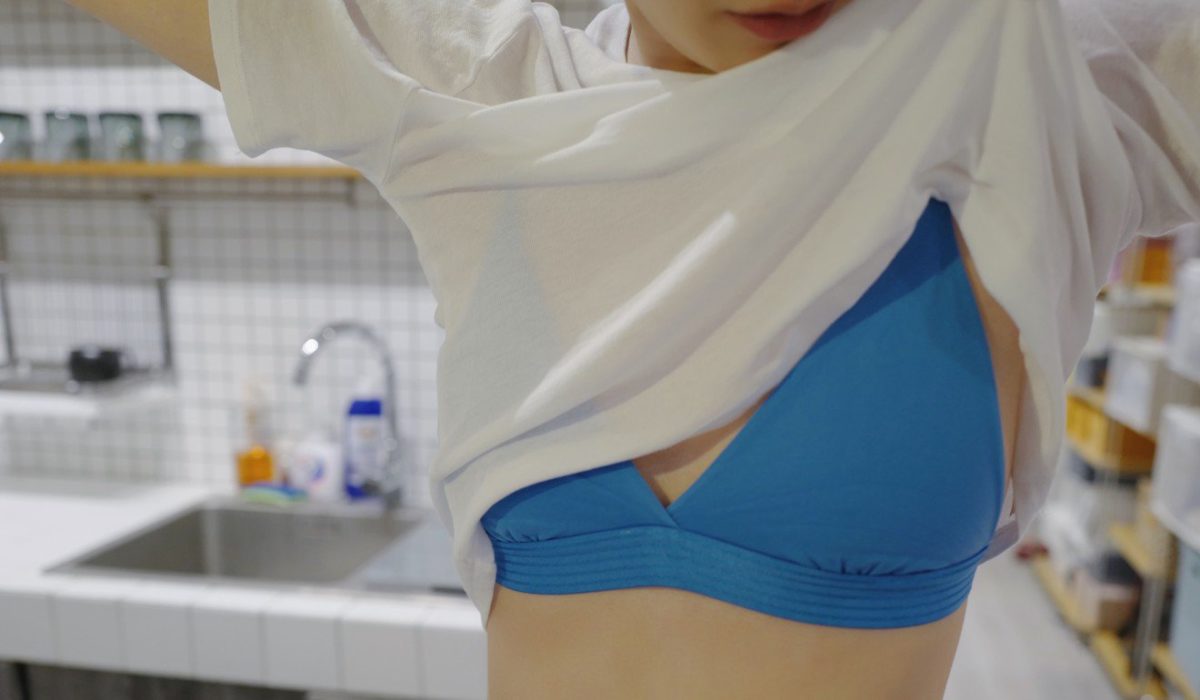Out with the flashy push-up bras, and in with the simple bras. Women in China are looking away from Victoria’s Secret and looking at local brands for lingerie.

Victoria’s Secrets sudden entry into the Chinese market has caused a shift in its lingerie industry. In 2017, the renowned lingerie brand hosted its first fashion show in Shanghai and opened up a flagship store in the city’s Xintiandi shopping district as an opportunity to redeem its reputation.
However, with the controversies surrounding the once loved-by-all brand, we don’t know for sure what the future holds for it.
Victoria’s Secret is known for its flashy, bright and racy lingerie, however, critics say it does not resonate with the modern customer in this #MeToo era. The constant milking of this old-school sexy image for four long decades has consumers bored and tired.
Yilei Wu, the co-founder of Xinlelu, a multi-brand lingerie store in China, expresses her discontentment with Victoria’s Secret – claiming that she feels like the brand does not “get” consumers like herself.
“The branding is outdated. It’s not very alluring or interesting or attractive for our group in general. It kind of reminded me of Playboy, the black and pink colour tones – it was very much the old-school sexy,” she said.
These days, women have been asking for inclusivity and body positivity, further calling for lingerie brands to consider these factors in their merchandising decisions and marketing strategies.

Lingerie companies that have been praised for catering to their consumers include Rihanna’s Savage X Fenty, ThirdLove, and many more – all offering a wide range of sizes, colours and encouraging more diversity.
According to Frost & Sullivan, Victoria’s Secret is claiming a growing share of China’s lingerie market, one that is expected to be worth more than US$64 billion by the end of 2022.
In December 2018, a B. Riley Financial Analyst told Business of Fashion that young consumers in China have only recently become more open-minded about public displays of sexuality – therefore, holding the “biggest potential” for Victoria’s Secret to redeem itself.
Neiwai, a rising Shanghai-based lingerie brand, is everything that Victoria’s Secret isn’t. It’s simple, minimalistic and for the majority. Starting out on the e-commerce platform, Taobao in 2012, it has since seen rapid growth both online and offline.
Founded by Liu Xiaolu, the brand targets independent professional women who prioritise comfort but still seek elegance when buying lingerie. The message, “this lingerie is for yourself” is an important feat of the Chinese brand, as it resonates with a large majority of women who believe sexiness should not be defined by what a man wants from a woman.
Neiwai offers sets that come in shades of nude and colours found in nature; with wireless support and are crafted with soft fabrics to ensure the utmost comfortability.
The brands marketing image moves away from traditional ideas of sexuality and instead focuses on celebrating femininity and comfort.
According to ChinaDaily, Liu wanted to create a brand that makes “women feel comfortable and happy.” She then goes on to say that “it [feeling comfortable and happy] is a higher form of sexiness.”
“It would be a little exaggerated to call it feminist. But I wanted to create a brand that doesn’t twist, suppress, or objectify women’s bodies,” she said.
Wu praises Neiwai for its branding and concept as it works well with the current market.
“They’re about being truly comfortable with yourself, not caring what other people think about you… There are actually quite a lot of brands doing that these days, but they stand out because their whole visual image is very consistent and they truly understand what the Chinese customer likes,” she said.
Victoria’s Secrets designs are definitely not everyone’s cup of tea. Wu, who is personally not a fan of the brand, feels that it doesn’t “get” consumers like her. She also admits that the colour options were too loud and unsuitable for her skin tone.

For Wu’s shop, Xinlelu represents international Chinese women – what they think, what they wear and what they love. It also strives to create a different consumer experience for her Chinese clients, believing that her clients are what the future market will be like.
It’s not to say that Victoria’s Secret is completely off the radar of Chinese consumers, they are still buying ‘sexy’ pieces but are also buying comfortable basics from brands like Neiwai and Xinlelu for everyday wear.
The term ‘sexy’ and what we find ‘sexy’ is subjective. What the US market thinks is sexy could be the complete opposite of what the Chinese market think. Hence, why it is very important for foreign brands to understand that.
Subscribe to FIB’s newsletter for your weekly dose of music, fashion and pop culture news!






